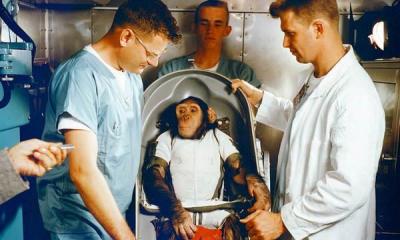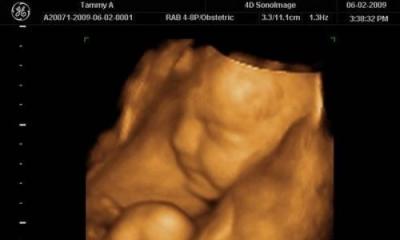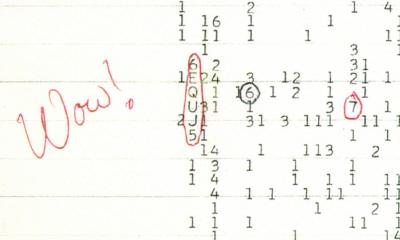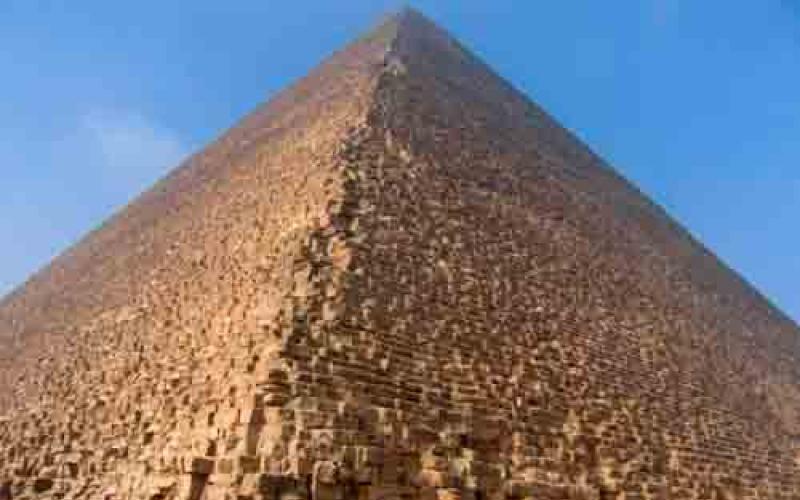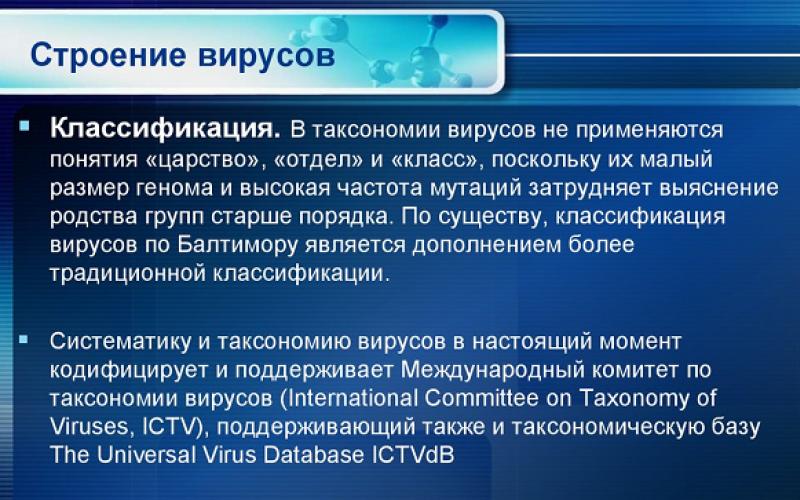By the time of the moon landing in 1969, many people thought that by the beginning of the 21st century space travel would become commonplace, we would be able to visit other planets in our solar system, and perhaps even venture into interstellar space. Unfortunately, that future has not yet arrived. Moreover, people generally began to wonder if we need space travel. Maybe we should leave space exploration to private companies?
But those who have long dreamed of humans becoming a space civilization argue that space exploration will provide good benefits here on Earth, in areas like health care, mining and security. There will be inspiration too. Here are some of the most compelling arguments for continuing space exploration.
Defense against a destructive asteroid

If we don't want to one day meet the fate of the dinosaurs, we need to protect ourselves from the threat of being hit by a large asteroid. About once every 10,000 years, a football field-sized stone or iron asteroid can crash into our planet's surface and set off a tsunami, perhaps large enough to flood coastal regions, according to NASA.
But in reality, you need to be afraid of real monsters - asteroids 100 meters across or more. A collision with such a giant would cause a firestorm of heated fragments and fill the atmosphere with dust that blocked the light of the sun, destroying our forests and fields. If anyone survives, he will seriously starve. A wisely funded space program would allow us to detect a dangerous object long before it hits the Earth, and send a spacecraft that could send an asteroid on a different course with a directed explosion.
It will lead to great inventions

So many of the devices, materials, and processes originally developed for the space program have found use on Earth — so many that NASA has an office that is looking for ways to repurpose space technology into products. For example, we are all familiar with freeze-dried food, but there are other options. In the 1960s, NASA scientists developed plastic coated with a metallic reflective material. When used in a blanket, it reflects 80% of body heat back to its wearer, helping disaster victims and post-marathon runners stay warm.
Even more interesting and valuable is nitinol, a flexible but resilient alloy designed to allow satellites to be expanded after being packed into a rocket. Today, orthodontists equip patients with braces made from this material.
It will be good for health

The International Space Station has spawned many medical innovations that have found applications on Earth, such as a way to deliver anti-cancer drugs directly to tumors; a device that allows a nurse to perform an ultrasound and transmit the results to a doctor thousands of miles away; a robotic arm that can perform a complex operation inside an MRI machine.
NASA scientists, in an effort to protect astronauts from losing bone and muscle mass in the microgravity of space, also helped a pharmaceutical company test Prolia, a drug that could now save older people from osteoporosis. It was easier to test the drug on astronauts, who lose 1.5% of bone mass each month, than on an elderly woman on Earth who loses 1.5% annually due to osteoporosis.
Space exploration is a source of inspiration

If we want our children in this world to aspire to become great scientists and engineers, and not rappers, reality show hosts or financial magnates, it is very important to inspire them to do the right thing.
Astronomer and TV program Cosmos writer Neil de Grasse Tyson recently said the following:
“I can stand in front of eighth graders and say, who wants to be an aerospace engineer who builds a plane that is 20% more energy efficient than the one your parents flew? But it doesn't work. However, if I ask: who wants to be an aerospace engineer who will design an airplane that will navigate in the rarefied atmosphere of Mars? I will get the best students in the class.”
It is important for national security

The world's leading nations must detect and prevent hostile intent or terrorist groups that could deploy weapons in space or attack navigation, communications and surveillance satellites. And although the United States, Russia and China in 1967 concluded an agreement on the inviolability of territory in space, other countries may covet it. And not the fact that the treaties of the past can be reviewed.
Even if these leading nations make the most of nearby space, they will need to be confident that companies can mine the moon or asteroids without fear of being terrorized or usurped. It is very important to set up diplomatic channels in space, with possible military uses.
We need space raw materials

There is gold, silver, platinum and other valuable substances in space. Much attention has been drawn to the activities of private companies that involve mining on asteroids, but space miners do not have to go far to find rich resources.
The moon, for example, is a potentially profitable source of helium-3 (used for MRI and as a potential fuel for nuclear power plants). On Earth, helium-3 is so rare that it costs up to $5,000 per liter. The Moon could also potentially be rich in rare earth elements like europium and tantalum, which are in high demand for use in electronics, solar panels and other advanced devices.
States can work together peacefully

Earlier we mentioned the ominous threat of international conflict in space. But everything can be peaceful, if we recall the cooperation of different countries on the International Space Station. The US space program, for example, allows other countries, big and small, to join forces in space exploration.
International cooperation in the space field will be exclusively mutually beneficial. On the one hand, large expenses would be shared by all. On the other hand, it would help to establish close diplomatic relations between the countries and create new jobs for both sides.
It would help answer the big question.

Almost half of the people on Earth believe that somewhere in space there is life. A quarter of them think that aliens have already visited our planet.
However, all attempts to find signs of other creatures in the sky turned out to be fruitless. Perhaps because the earth's atmosphere prevents messages from reaching us. That's why extraterrestrial hunters are ready to deploy even more orbiting observatories like the James Webb Space Telescope. This satellite will be launched in 2018 and will be able to look for chemical signs of life in the atmospheres of distant planets outside our solar system. This is just the beginning. Perhaps additional cosmic efforts will help us finally answer the question of whether we are alone.
People need to quench their thirst for research

Our primitive ancestors spread from East Africa all over the planet, and since then we have not stopped moving. We are looking for fresh territories beyond the Earth, so the only way to satisfy this primal desire is to go on an interstellar journey for several generations.
In 2007, former NASA administrator Michael Griffin (pictured above) made a distinction between "acceptable reasons" and "real reasons" for space exploration. Acceptable reasons might include economic and national advantages. But the real reasons will include things like curiosity, competition, and legacy building.
“Who among us is not familiar with this wonderful magical thrill when we see something new, even on TV, that we have never seen before? Griffin said. “When we do something for real reasons, not content with acceptable ones, we produce our best achievements.”
We need to colonize space to survive.

Our ability to launch satellites into space helps us observe and combat pressing problems on Earth, from wildfires and oil spills to the depletion of aquifers that people need to supply drinking water.
But our population growth, greed and frivolity lead to serious environmental consequences and damage to our planet. Estimates in 2012 suggested that the Earth could support between 8 and 16 billion people - and its population has already crossed the 7 billion mark. Maybe,


